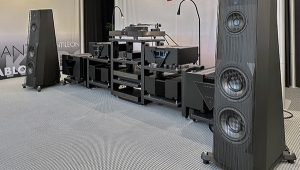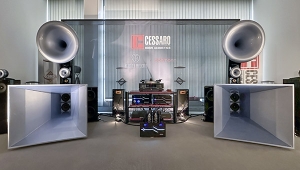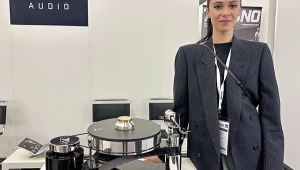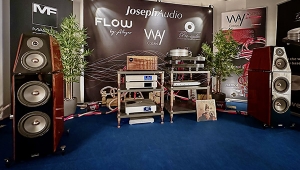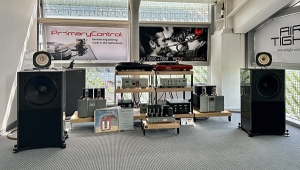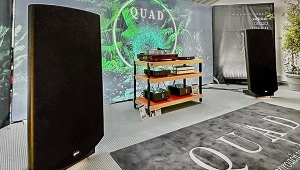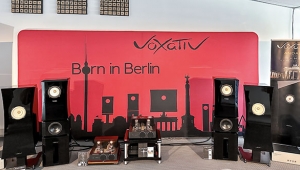| Columns Retired Columns & Blogs |
Harman Buyout Scuttled?
The Goldman Sachs Capital Partners/Kohlberg Kravis Roberts & Co. $8 billion buyout of Harman International Industries, Inc. announced last April may not go through, according to "two people familiar with the matter," Bloomberg.com reported September 21.
Harman agreed to be acquired for $120 per share last April, a price Bloomberg.com estimated as a 17% increase over its traded value at the time. Since then, the market has soured on high-yield debt and there have been predictions of a flat—not to say slowing—US market. To make matters worse, Harman posted a June quarter operating income statement of $81 million on revenue of $911 million—variously interpreted as "lackluster" (CNNMoney.com) to "not as good as some quarters past, but hardly a disaster" (BloggingBuyouts.com).
On September 21, Harman's stock opened at $97.70, $14 below the previous day's close. It had plummeted to $88.17 by 2:59pm that day, when the New York Stock Exchange halted trading, citing "unusual market activity" and demanding that Harman issue a statement clarifying whether "there are any corporate developments which may explain" that activity. Harman stated that its policy was not to comment on unusual activity or rumors. KKR and Goldman also refused to comment.
When KKR and Goldman filed their purchase agreement with the US Securities and Exchange Commission in April, they posted a material adverse effect statement, which limits to their ability to walk away from the deal, specifically ruling out reasons such as a "slowdown in the audio industry and the general economy" (emphasis ours). They also agreed to a $225 million breakup fee if the deal fell through for other reasons. Douglas McIntyre, writing on Blogging Buyouts.com, suggested that the odds "are very high that Harman will take the two big financial firms to court," should they renege on the deal—he did not say, but strongly implied, that they might find pulling out an uphill battle in a year in which over $742 billion in other private equity buyouts have been scrapped.
Factor in the fact that KKR went public in May 2006, stating that its success stemmed from "repeated and consistent dealings [with high-yield companies and] the completion of a significant number of large transactions." That may limit its back-out options as well.
So if it's so hard to get out of the deal, why did the rumors start? Audio industry insiders point to two big considerations. "It is very hard to raise $8 billion in today's bond market," said one manufacturer, who requested anonymity. "Worse, however, is that Harman looked strong because of a series of acquisitions that gave the impression of growth, which made the price to earnings appear to be 20:1 or 30:1—or something ridiculously over-inflated. The reality is that audio's only real growth area nowadays is OEM car audio—and that arena only has a year or two left before it, too, is saturated. My guess is that somebody finally figured out that buying Harman was going to be a money-losing proposition."
One man's opinion, yes—but as a head-to-head competitor with Harman's core groups, an opinion from someone who knows the market realities well.
- Log in or register to post comments

















